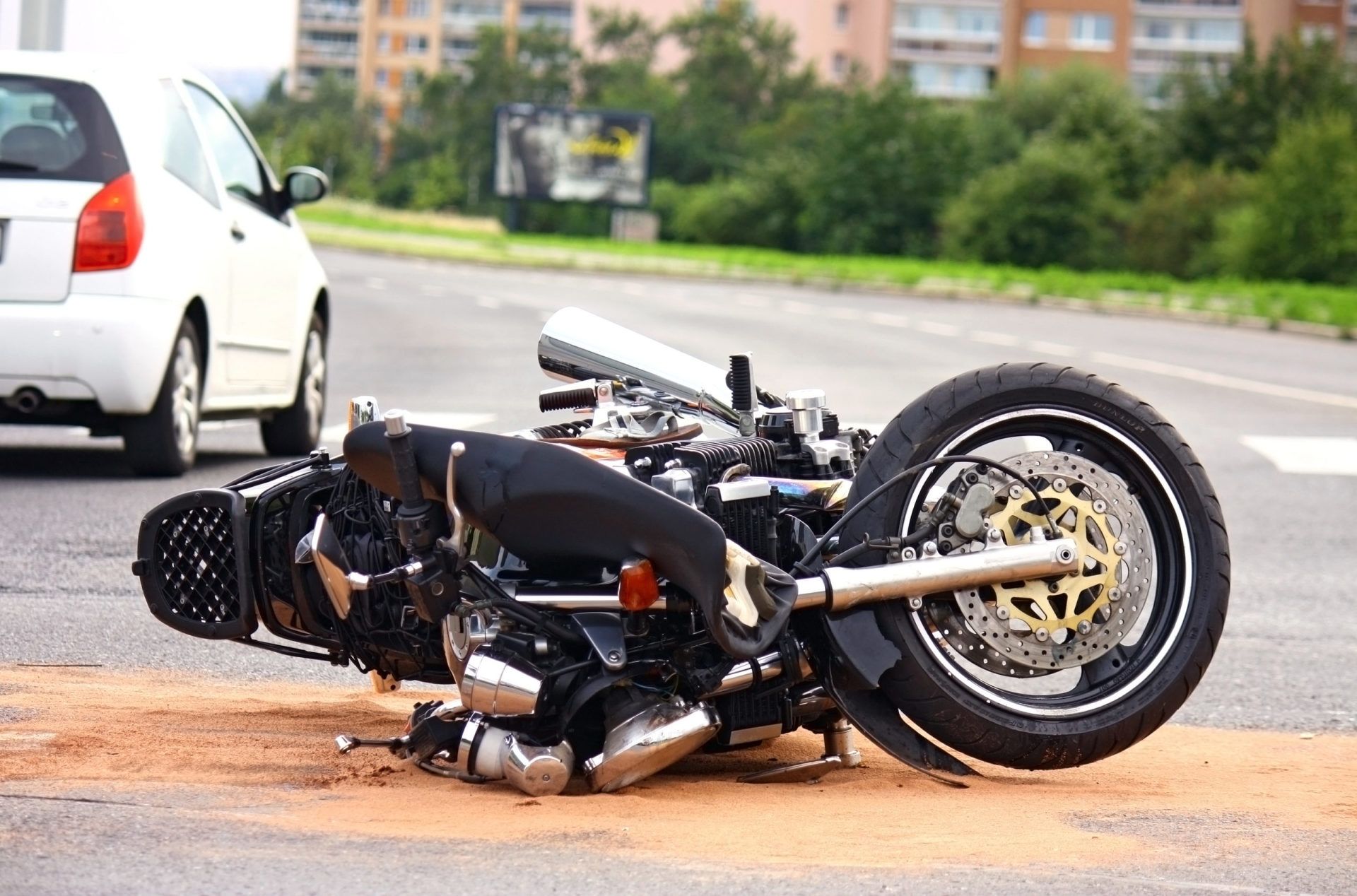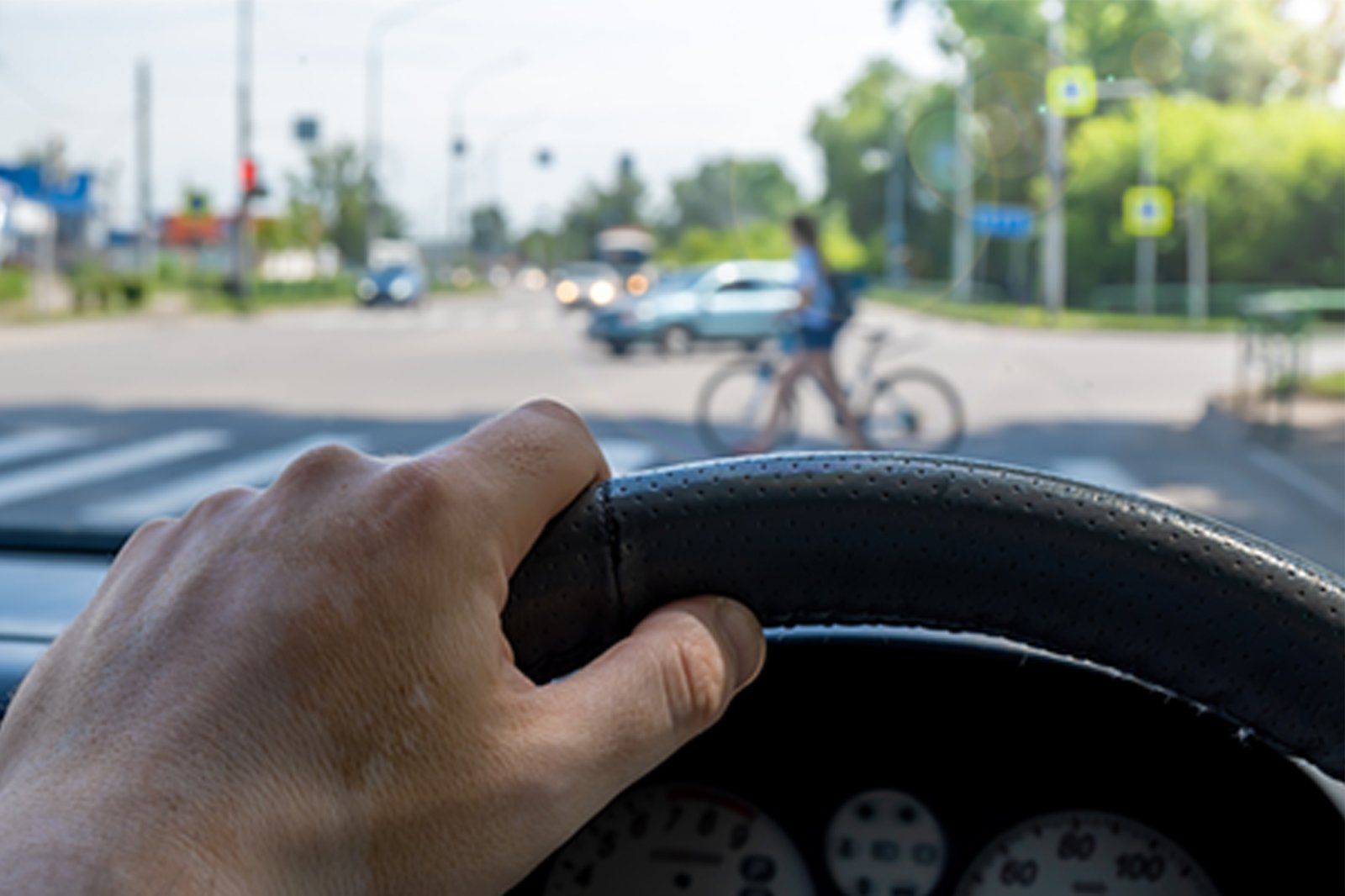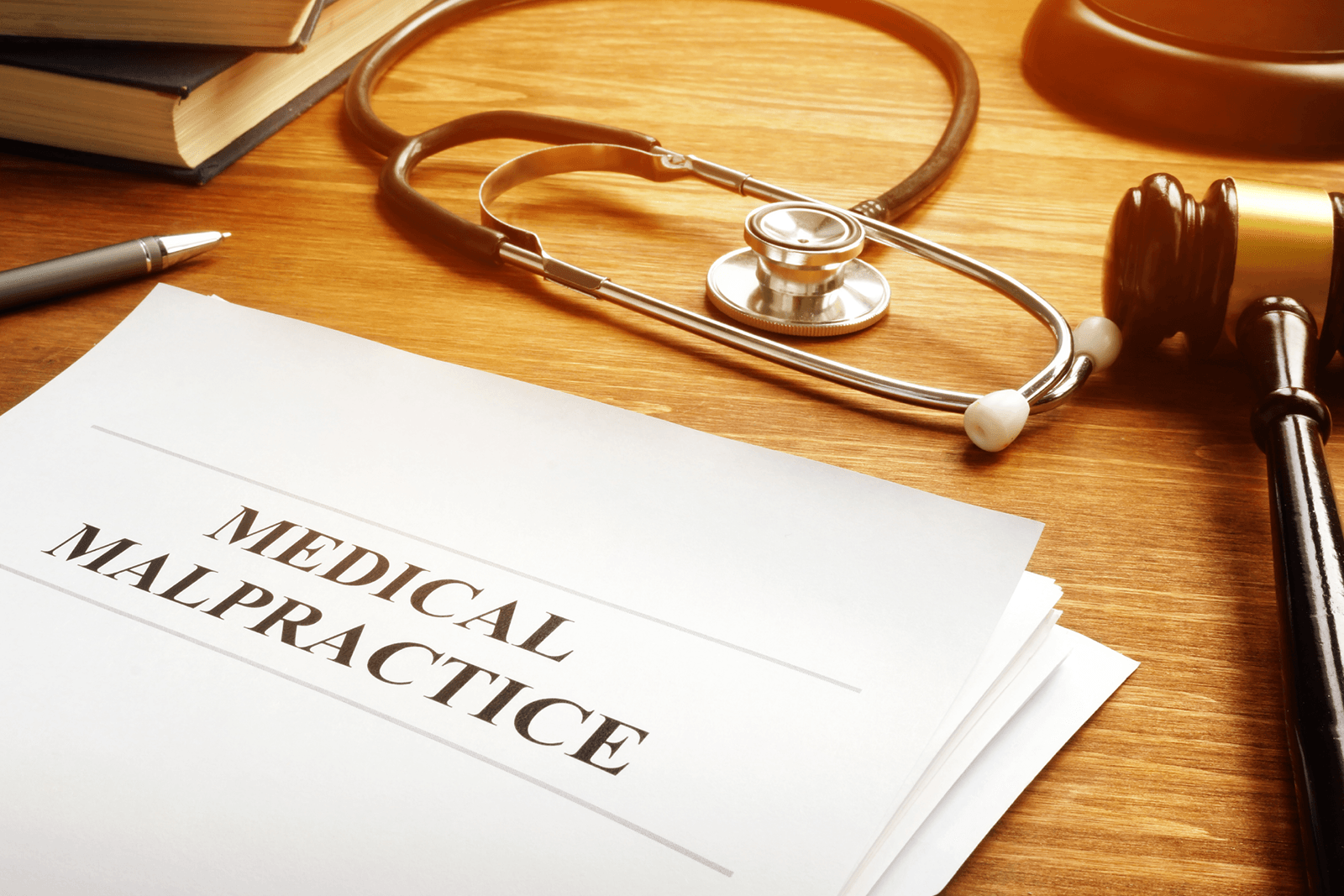What to Do After a Hit and Run in Chicago
A “hit and run” accident can mean a variety of things ranging from hitting a car in the parking lot to running a red light and hitting a pedestrian. Either way, a hit and run accident is when someone causes an incident and then leaves the scene. Committing a hit and run can be a very complicated crime especially if you don’t know who did it, but it is punishable by law. In this blog post, you will learn the definition of a “hit and run” accident, the consequences, and what you should do if you are involved.
HIT AND RUN DEFINED
A hit and run accident is more than just being involved in the accident itself. The actual crime committed is the act of leaving the scene without identifying yourself. Usually, it doesn’t matter if you caused the accident or not, not staying at the scene of the accident immediately after is a crime. Generally, everyone involved in an accident must stay at the scene until the police arrive and help get any necessary medical attention to those in need. According to FindLaw, the procedures that should be taken immediately after an accident depend on whether the accident:
- Only caused damage to property (ex. hitting a parked car)
- Resulted in injuries to others
- Resulted in a fatality
The best practices after any car accident are to:
- Check on all drivers and passengers, providing any medical care that you can.
- Call the police
- Exchange information (driver’s license, proof of insurance, contact info, etc.)
- Identify and witnesses that can verify facts of the accident
However, if you find yourself in a hit and run situation, there are some more tips that can be employed immediately after the accident to ultimately strengthen your case:
- Take a picture of the vehicle that hit you, license plate included if possible
- If you can’t take a picture, try and remember as much about the vehicle/license plate as you can and write it down when possible. For example, what color was the vehicle? Was it a truck or sedan? Do you know what state the license plate was?
It can be difficult to think about these things right after an accident, but it can make all the difference in a hit and run lawsuit.
CRIMINAL CHARGES IN ILLINOIS
Hit and run charges can vary from state to state, but most states classify the penalties for a hit and run as either felonies or misdemeanors depending on the circumstances. Generally, in Illinois, the charges can be categorized as:
- Failure to return to an accident scene- if a person flees a scene and returns within half an hour, they could face penalties ranging from a $25,000 fine to up to 3 years in jail, depending on the circumstances.
- Failure to report an accident- if a person knowingly causes an accident and doesn’t report it to the police, the punishment can range from a $2,500 fine to up to 1 year in jail.
- Accidents that cause death or bodily injury- when a hit and run accidents, results in death is it considered a felony. The consequences for not providing medical assistance to an injured person are 1-3 years in jail. Along with that, leaving the scene where someone has died can result in 5 years in prison.
- Accidents that cause property damage- when a person causes property damage that didn’t actually harm anyone, it is still a crime to leave the scene without identifying yourself. This kind of crime can result in fines along with a suspended license.
In addition to these criminal penalties, you can also expect suspension or revocation of your driver’s license. Clearly, leaving the scene of an accident is a big deal and can land you in a lot of trouble. However, every case is different and there are reasons as to why a person might need to leave an accident immediately after. At this point, you may be wondering what to do if you were the victim of an accident and the person who caused it can’t be found? Keep reading to learn more.
HIT AND RUN LAWSUITS
As mentioned above, it is possible that the person who caused the accident won’t be found. In this unfortunate case, the best option is usually to file a claim against your own insurance company. Instead of bringing a claim against the responsible driver, you will take advantage of your uninsured motorist (UIM) coverage. Your insurance company will only be able to compensate you up to the amount of coverage that you have purchased. The compensation recovered from your uninsured motorist claim can be used to cover any lost wages, damages to your vehicle, medical bills, etc. That’s why it’s important to work with an experienced hit and run attorney that can assess all options and get you the most compensation for your injuries and suffering.
WHITESIDE & GOLDBERG, LTD.
Remember, the first thing you should do after any car accident is call the police and an ambulance, even if the people involved feel fine. Provide as much medical care as you can and always stay on the scene until help arrives. If you find yourself in a potential hit and run situation, remember to take pictures or write down as many details as you can about who caused the accident and how.
Along with receiving prompt medical care, it is important to contact a knowledgeable hit and run accident attorney. In Illinois, hit and run accidents are taken very seriously and carry heavy penalties. Whiteside and Goldberg, Ltd. has successfully worked on numerous Illinois hit and run accident cases. They know that there are many different scenarios that can lead to a hit and run collision. It is of the upmost importance to get to the bottom of who or what actually caused the accident to help victims of hit and run accidents get the compensation that they deserve.
You can get a sense of your legal position by taking advantage of their free consultation. Your current finances should not deter you from seeking help. WG Law Group does not charge you a cent until they have secured a settlement for you. For more information, contact them by calling 312-334-6875 for the WG Law Group Michigan Avenue location or at 815-730-7535 for their Shorewood office. Call today to begin your journey to fair compensation.
The content of this blog is intended for informational purposes only and does not constitute or establish an attorney-client relationship, nor constitute legal advice. If you wish to discuss any further aspect of the material contained herein, please contact an attorney at Whiteside & Goldberg, Ltd.





